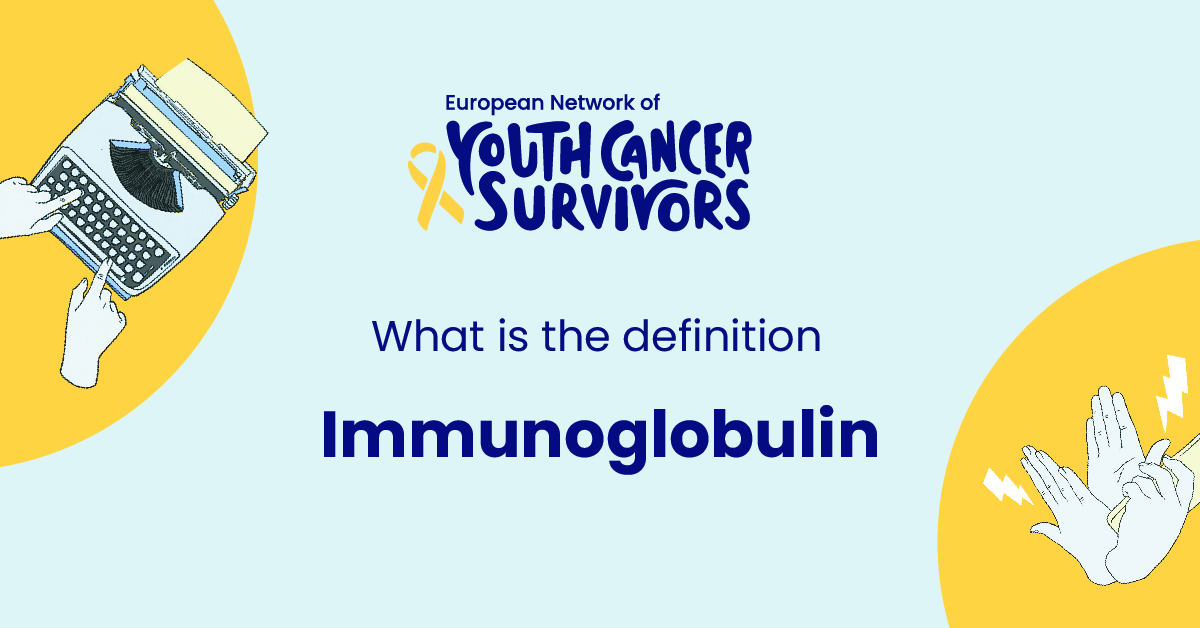
Introduction to Immunology and Antibodies
Immunology, the branch of biomedical science that explores the immune system in all organisms, is a complex yet fascinating field. It involves the investigation of the physiological functioning of the immune system in states of both health and disease, disorders of the immune system, and more. Playing an instrumental role within this field are entities known as antibodies.
Antibodies are specialized, Y-shaped proteins that are mainly produced by a type of white blood cell, known as a plasma cell. These powerful proteins play an essential role in the immune system by identifying and binding to specific antigens, such as viruses or bacterial organisms, which are subsequently destroyed.
Immunoglobulin: The Defense System of the Human Body
Immunoglobulins, synonymous with antibodies, are the foundation of the human body’s robust immune defense system. They are large, complex molecules with diverse structures designed to deal with a host of foreign invaders, from bacteria and viruses to parasites and allergens.
The importance and function of immunoglobulins, among other things, include the identification and binding of specific antigens and activating various immune responses, ensuring the proper functioning of our body’s defense system.
Types of Immunoglobulin
There are five classes of immunoglobulins, namely Immunoglobulin G (IgG), Immunoglobulin M (IgM), Immunoglobulin A (IgA), Immunoglobulin E (IgE), and Immunoglobulin D (IgD). Each of these immunoglobulins serves a particular function in the immune system.
IgG, the most abundant type, plays a universal role in providing immunity, particularly against bacterial and viral infections. IgM is responsible for the primary (first time) immune response in the body. IgA protects body surfaces that are exposed to outside foreign substances. IgE combats parasites and is also involved in allergic responses. IgD plays a critical role in activating B-cells, white blood cells.
Clinical Significance of Immunoglobulins
Immunoglobulins have significant clinical importance due to their central role in immune response. Their primary function is to bind to specific antigens on the surface of pathogens and neutralize them or cause their destruction by other immune cells. This mechanism forms the basis of immunization and the development of vaccines.
Immunoglobulin therapy is a medical treatment used to supplement the immune system when it does not produce sufficient amounts of specific antibodies. Imbalances in immunoglobulin production, either deficiency or overproduction, can lead to various diseases such as immune deficiency diseases and multiple myeloma, respectively.
Immunoglobulin Tests: Why and How
Immunoglobulin tests are used to assess the immune system by measuring the blood levels of immunoglobulins. These tests are typically ordered when a person exhibits symptoms indicative of an immune disorder, such as recurrent infections.
Immunoglobulin testing involves drawing a blood sample from a vein in the patient’s arm, which is then analyzed in the lab. An understanding of test results requires considering factors such as the patient’s symptoms, medical history, and overall health status.
Get to know us better
If you are reading this, you are in the right place – we do not care who you are and what you do, press the button and follow discussions live

Conclusion
Immunoglobulins are a formidable defense mechanism in the human body, assisting in warding off infections and diseases. Their essential role in our health, combined with their potential use in therapies and their clinical significance, positions immunoglobulins as a critical piece of the broader puzzle that is human immunology.
Even though significant strides have been made in studying immunoglobulins and their various functionalities, this is still a growing field with a promising future. Future research directions could include comprehensive studies on the molecular mechanisms of immunoglobulins and the potential to manipulate these pathways for therapeutic advantage.
FAQs:
Q: What is the main function of immunoglobulin in the human body?
A: The main function of immunoglobulins is to identify and neutralize foreign objects such as bacteria and viruses, thus providing immunity.
Q: Are there any diseases linked to immunoglobulin deficiency or overproduction?
A: Yes, diseases such as immune deficiency diseases or multiple myeloma are associated with immunoglobulin deficiency and overproduction respectively.
Q: What is the process of an immunoglobulin test and how is it interpreted?
A: An immunoglobulin test involves drawing a blood sample from a vein in the patient’s arm, which is then analyzed in the lab. The results are interpreted by considering the patient’s symptoms, medical history, and overall health status.
Q: Can someone be born with an immunoglobulin deficiency?
A: Yes, certain severe cases of immunodeficiency are congenital, meaning they are present at birth, such as in the case of agammaglobulinemia.
Q: What is the role of immunoglobulins in vaccines and how does it work?
A: Immunoglobulins play a key role in vaccines by identifying and remembering the specific antigens present in the vaccine. If the person encounters that pathogen in future, the immune system quickly produces the specific antibodies to combat the infection.

















Comments
Thank you. Comment sent for approval.
Something is wrong, try again later